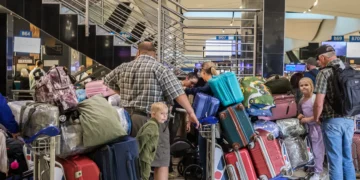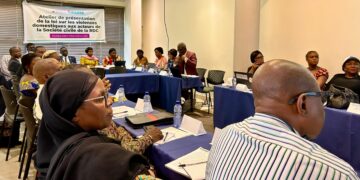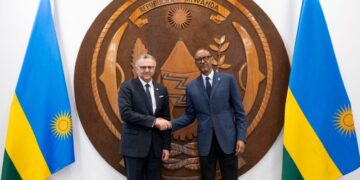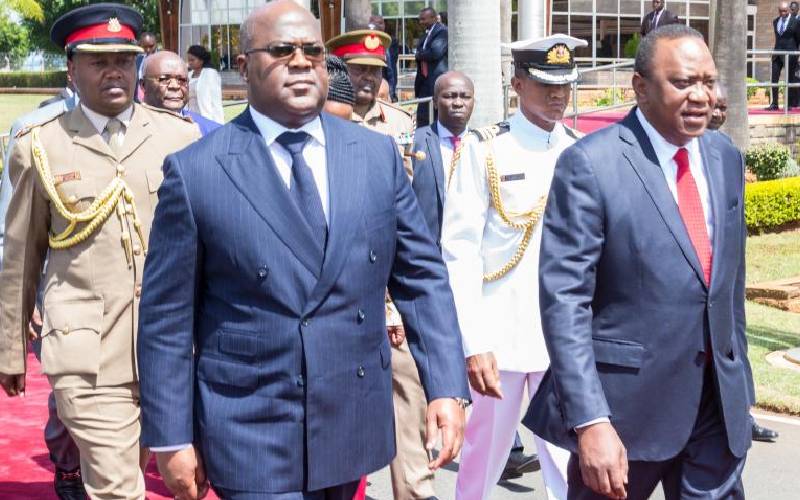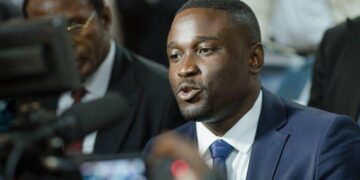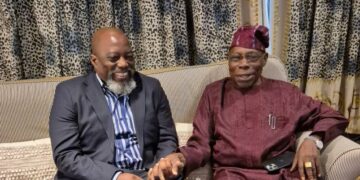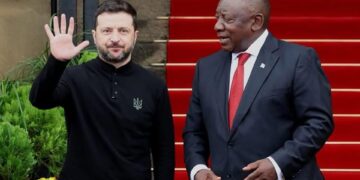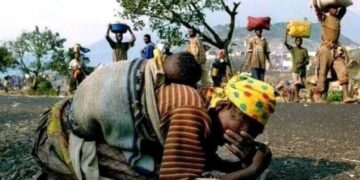“We are in the midst of negotiations, in the process of restoring our diplomatic relations, cooperation, and peaceful coexistence. Unfortunately, Africans are still waiting for Westerners to come and bring us together,” Kamerhe stated during a public appearance in Kinshasa.
This statement comes amid a prolonged diplomatic crisis between Kinshasa and Kigali, triggered by the resurgence of the M23 rebel group in eastern Congo. The Congolese government accuses Rwanda of backing the armed movement an accusation that Kigali has consistently denied.
Kamerhe’s remarks suggest that despite the public tensions, behind-the-scenes dialogue is taking place. According to government insiders, initial talks have begun with the support of regional partners and the International Conference on the Great Lakes Region (ICGLR).
Kamerhe’s message went beyond diplomacy, echoing a broader call for African countries to take ownership of their conflicts and stop relying on outside intervention.
“We must stop reaching out to Brussels, Paris, or Washington whenever two African countries are in conflict. The sustainable solution will come from us—or not at all,” he emphasized.
This statement aligns with a growing continental movement for African self-determination in peacebuilding and governance, in which local leadership plays the central role in resolving regional crises.
While Kamerhe’s statement was welcomed in diplomatic circles and among pan-African thinkers, it drew mixed reactions from the Congolese public—particularly in the eastern provinces, where violence and displacement caused by armed groups continue.
“Talking about peaceful coexistence while bombs are still falling on North Kivu villages is premature,” said a Goma-based lawmaker who asked to remain anonymous.
Others, however, view this outreach as a bold political step toward ending the impasse. Some analysts argue that even a symbolic thaw in relations could pave the way for more substantive peace efforts—if matched by concrete action on the ground.
While the Congolese government has not provided further details about the talks, Kamerhe’s statement signals a clear shift in tone and intent—a willingness to end hostilities and foster regional stability through African-led dialogue.
As the Great Lakes region continues to seek long-term peace, this initiative could represent a turning point—an effort to rebuild trust between two deeply interconnected neighbors through diplomacy rather than force.


